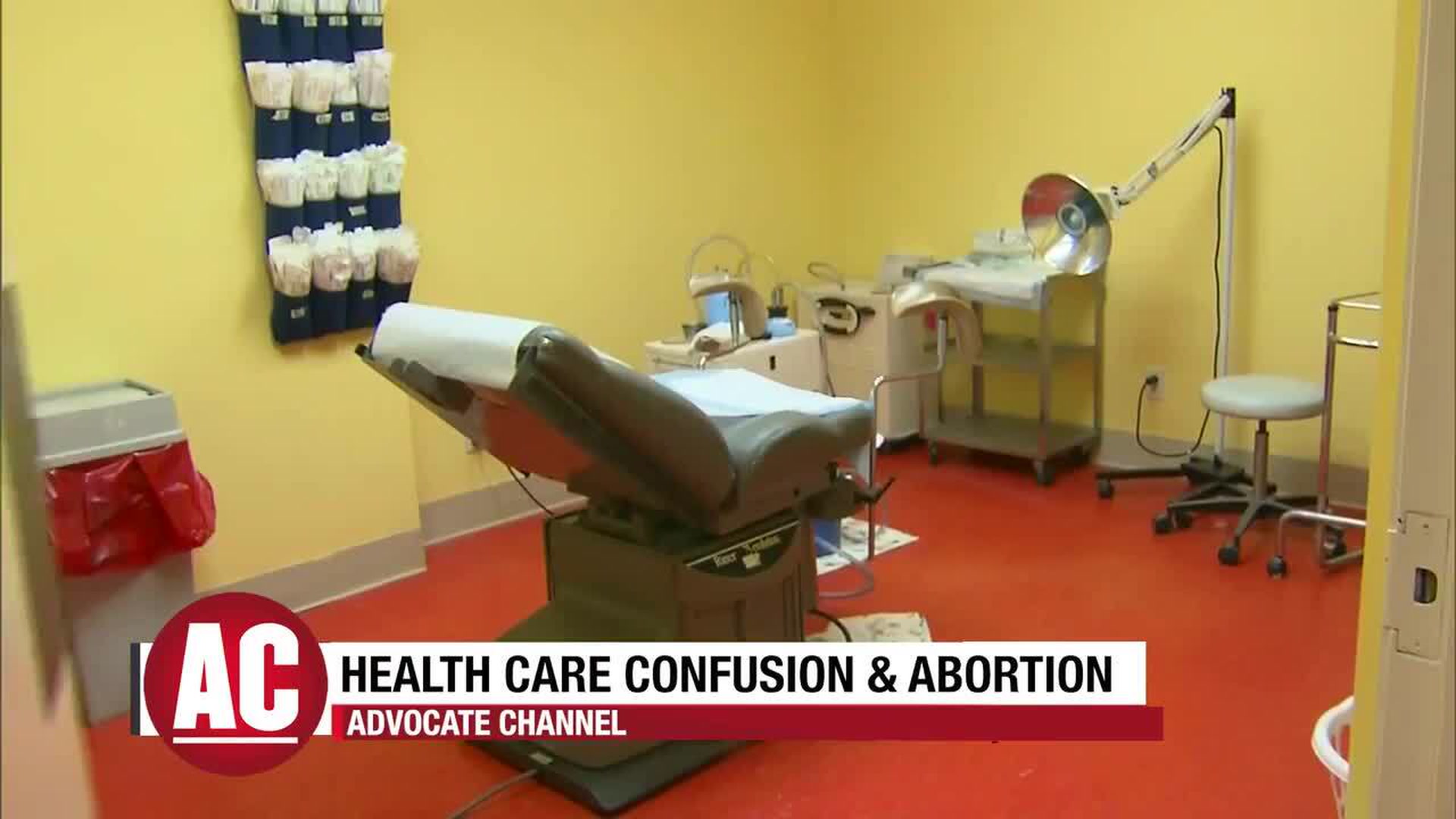Editor's note: David S. Cohen is a professor at the Thomas R. Kline School of Law at Drexel University. Greer Donley is Associate Dean for Research and Faculty Development and associate professor of law at the University of Pittsburgh Law School. Rachel Rebouché is Dean and Peter J. Liacouras Professor of Law at Temple University’s Beasley School of Law. The views expressed here are those of the authors. Read more opinion on CNN.
(CNN) — The most significant national threat to reproductive rights is not a looming Supreme Court judgment or a bill being considered by Congress. It’s already here, in the form of an extant but long dormant law from 1873 that could ban abortion nationwide: the Comstock Act. The act is named after Anthony Comstock, an anti-vice crusader from the late 1800s who used his power as a special agent of the US Postal Service to enforce his beliefs about sex and propriety. He was able to persuade Congress to pass laws against “indecent or immoral” materials, including broad definitions of contraception, pornography and abortion.
Some antiabortion advocates are interpreting this law, which remained on the books during the half century that Roe v. Wadewas in force, to ban mailing anything that induces an abortion. Because virtually everything used for an abortion — from abortion pills, to the instruments for abortion procedures, to clinic supplies — gets mailed to providers in some form, this interpretation of the Comstock Act could mean a nationwide ban on all abortions, even in states where it remains legal.
The Comstock Act must be repealed, and in our view, that process needs to begin this year. As tempting as it is to ignore this law, allowing it to remain on the books is too dangerous, and the stakes are too high.
The Comstock Act has long been considered a relic of history and a symbol of outdated, discriminatory beliefs. The Act had already fallen into disuse by the late 1930s and was presumed unconstitutional after the Supreme Court found a constitutional right to contraception and abortion. However, in 1971, before Roe v. Wadewas decided, Congress deleted the Comstock provisions related to contraception. It left untouched the provisions on abortion, including a ban on mailing through interstate commerce “every article or thing designed, adapted, or intended for producing abortion, or for any indecent or immoral use.” This language applies to the US Postal Service as well as express carriers, such as UPS or FedEx.
The act, however, has not been enforced against abortion provision in almost 100 years. And when it was enforced in the early 1900s, federal appeals courts had read the language of the law very narrowly to apply only to illegal abortions. This interpretation was necessary for many reasons, but one of the most obvious was that the act, by its terms and contrary to pre-Roe standards, doesn’t contain an exception to save a pregnant person’s life. The Department of Justice reinforced that narrow interpretation in 2022.
But antiabortion activists, emboldened after the demise of Roe, have a new interpretation that contradicts this almost-century worth of precedent: The law is as broad and as strict as its plain terms would indicate. And, in effect, interpreting Comstock this way would solve the problem of a divided Congress that won’t pass a nationwide abortion ban. They have set forth this new interpretation in litigation, local ordinances, threatening letters by state legislators and attorneys general, media statements and plans for a Republican administration in 2025.
For now, the current Department of Justice will not enforce the Comstock Act. As long as a Democrat sits in the White House, the law will remain in the dustbin of history. But a future Republican administration could exhume the law and make enforcing Comstock a top priority. Even worse, given that the Act has a five-year statute of limitations, an antiabortion administration could not only prosecute people for violations that occur in the future, but also for any violations occurring right now. Current abortion providers targeted under this interpretation would try to make arguments about due process and entrapment, but they’d have to raise those arguments in court after being prosecuted, a precarious position.
With this potential threat, the Comstock Act is too dangerous to stay on the books and remain unchallenged or in the shadows. We need a repeal bill now.
We concede that the questions of when and how to go about repealing Comstock involve complex strategic considerations. It is reasonable to worry that a repeal bill would draw even more attention to the Comstock Act and inadvertently confer legitimacy on the broad antiabortion interpretation. Moreover, courts might view a failed repeal effort—and given the current Congress, failure is likely—as evidence that Congress believes the Comstock Act is good law and applies to all abortion, not just illegal abortions. It’s true that courts sometimes look to this subsequent legislative history to interpret laws, though doing so is generally disfavored for good reasons.
These concerns are real but should be evaluated alongside other strategic considerations. Most notably, as already described, antiabortion extremists are already hard at work pushing their interpretation of the Act into the mainstream discourse. Ignoring those strategies will not stop them from gaining momentum unless those in power call out the severe (and absurd) consequences of enforcing this law.
And antiabortion judges wouldn’t need a failed repeal attempt to achieve the outcome they want. They can and will rely on Comstock’s current text whether Congress tries to repeal the law or not. Federal courts in Texas and the Fifth Circuit of the US Court of Appeals have already accepted the antiabortion interpretation without a whisper of Congressional action to repeal the Act. And there are ways to mitigate the risks of a failed repeal bill. The bill could include ample language in the preamble or purpose section that explicitly rejects any endorsement of the broad, antiabortion interpretation of Comstock.
The risks of a repeal effort also need to be balanced against the benefits. We are not naive enough to think the repeal law will pass in this Congress given the Republican-controlled House and lack of a filibuster-proof majority in the Senate. Nonetheless, there is much to be gained in introducing a repeal bill that forces every federal legislator to take a public position on Comstock.
With a repeal bill on the table, representatives would have to state publicly whether they defend a law written at a time when women couldn’t vote, couldn’t say no to their husbands’ sexual advances, were barred from most professions (including the legal profession), and had their legal identity disappear upon marriage. They should be forced to say whether they support banning not only abortion-inducing items but also lingerie and sex toys and any other items that could be put to “indecent or immoral use.” And perhaps most forcefully, they should look their constituents in the eyes when they explain that, with Comstock still on the books for an antiabortion Department of Justice to enforce, there will likely be nowhere for them to go when they need an abortion resulting from pregnancy complications, inevitable miscarriage, fetal anomaly, rape, incest or unwanted pregnancy.
Again, the Comstock Act has no exceptions and applies nationwide. Everyone implicated by the act, even pregnant people, are subject to punishment, and the penalties for violating the act are steep: federal prison time and fines.
It’s time for legislators who support abortion rights to take control of the conversation — to force their colleagues to say the quiet part out loud and to vocalize their support for these draconian laws. And even if a repeal effort fails, making Comstock an issue now might influence voters to choose a president and other politicians in November who do not want Anthony Comstock’s moral judgments, from a bygone era, governing our modern life.
The-CNN-Wire
™ & © 2024 Cable News Network, Inc., a Warner Bros. Discovery Company. All rights reserved.
Abortion laws create confusion

Video Source: Advocate Channel

















































